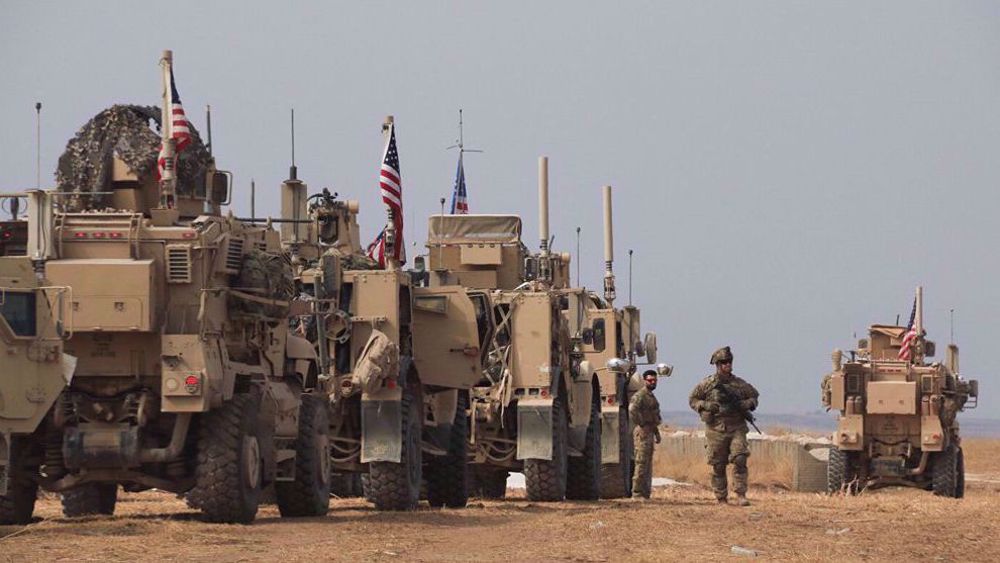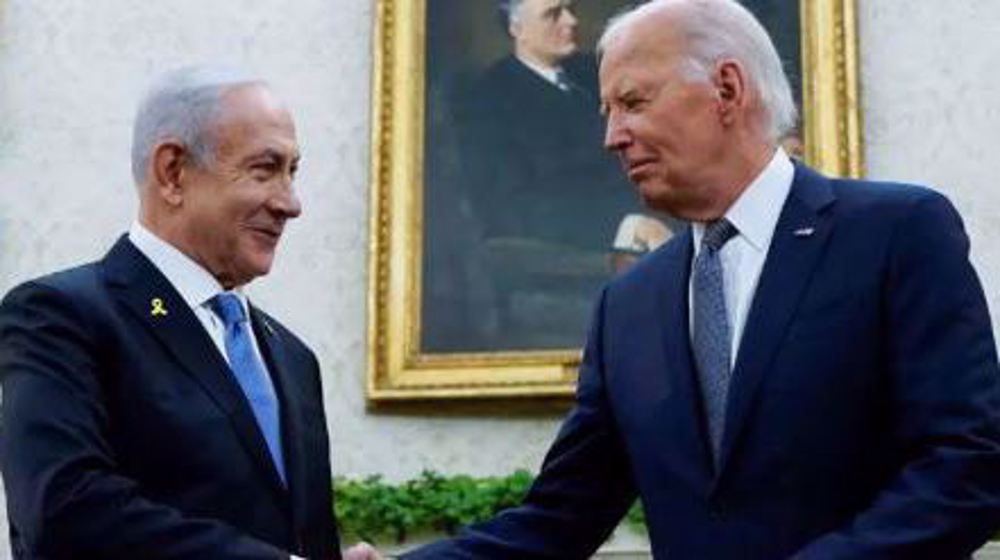Pentagon against Putin’s decision to sell missile system to Iran
The Pentagon has announced that it is against Russian President Vladimir Putin’s decision to sell S-300 missile system to Iran.
“Our opposition to these sales is long and public. We believe it's unhelpful,” Pentagon spokesman Colonel Steve Warren said on Monday. “We are raising that through the appropriate diplomatic channels.”
The Russian president on Monday signed a decree paving the way for the long-overdue delivery of the missile system to Tehran.
The decree lifts a ban on "the shipment from Russia to Iran" of the S-300 missiles, according to the Kremlin.
The decree lifts the ban on transit through the Russian territory, including by air, the delivery from the Russian territory to Iran and the transfer outside of Russia with the use of vessels and aircraft flying the Russian state flag of S-300 missile air defense systems.

Moscow’s decision came after Iran and the P5+1 group of countries – the US, Britain, France, China, Russia and Germany -- reached a framework agreement on Tehran’s nuclear program in the Swiss city of Lausanne on April 2.
Under a contract signed in 2007, Russia was obliged to provide Iran with at least five S-300 defense systems.
Russia, however, refused to deliver the surface-to-air missiles to Tehran in 2010 under the pretext that it is covered by the fourth round of the United Nations Security Council sanctions against Iran over its nuclear program, which bars hi-tech weapons sales to Tehran.
The White House said on Monday US Secretary of State John Kerry objected to Moscow’s decision during a call with Russian Foreign Minister Sergei Lavrov.
Israeli Intelligence Minister Yuval Steinitz also denounced Russia's decision over the missile system.
"This is a direct result of the legitimacy that Iran is receiving from the nuclear deal that is being prepared, and proof that the Iranian economic growth which follows the lifting of sanctions will be exploited for arming itself and not for the welfare of the Iranian people," he said on Monday.
AGB/AGB
Gaza’s Islamic Jihad to Hezbollah: We’ll stay united until victory; defeat not an option
Israeli strikes kill six in Lebanon-Syria border crossings
Resistance prevails: Hezbollah’s operations force Netanyahu to surrender in defeat
Displaced Lebanese return home after ceasefire; deal hailed as ‘victory’ for resistance
Iran welcomes Lebanon ceasefire, reaffirms firm support for Hezbollah
Israel censored drone attack on Israeli air commander’s residence: Hezbollah
Regional resistance groups hail Hezbollah’s steadfastness as truce begins after Israel’s failure
VIDEO | G7 foreign ministers summit wraps up in Italy amid pro-Palestine protests










 This makes it easy to access the Press TV website
This makes it easy to access the Press TV website